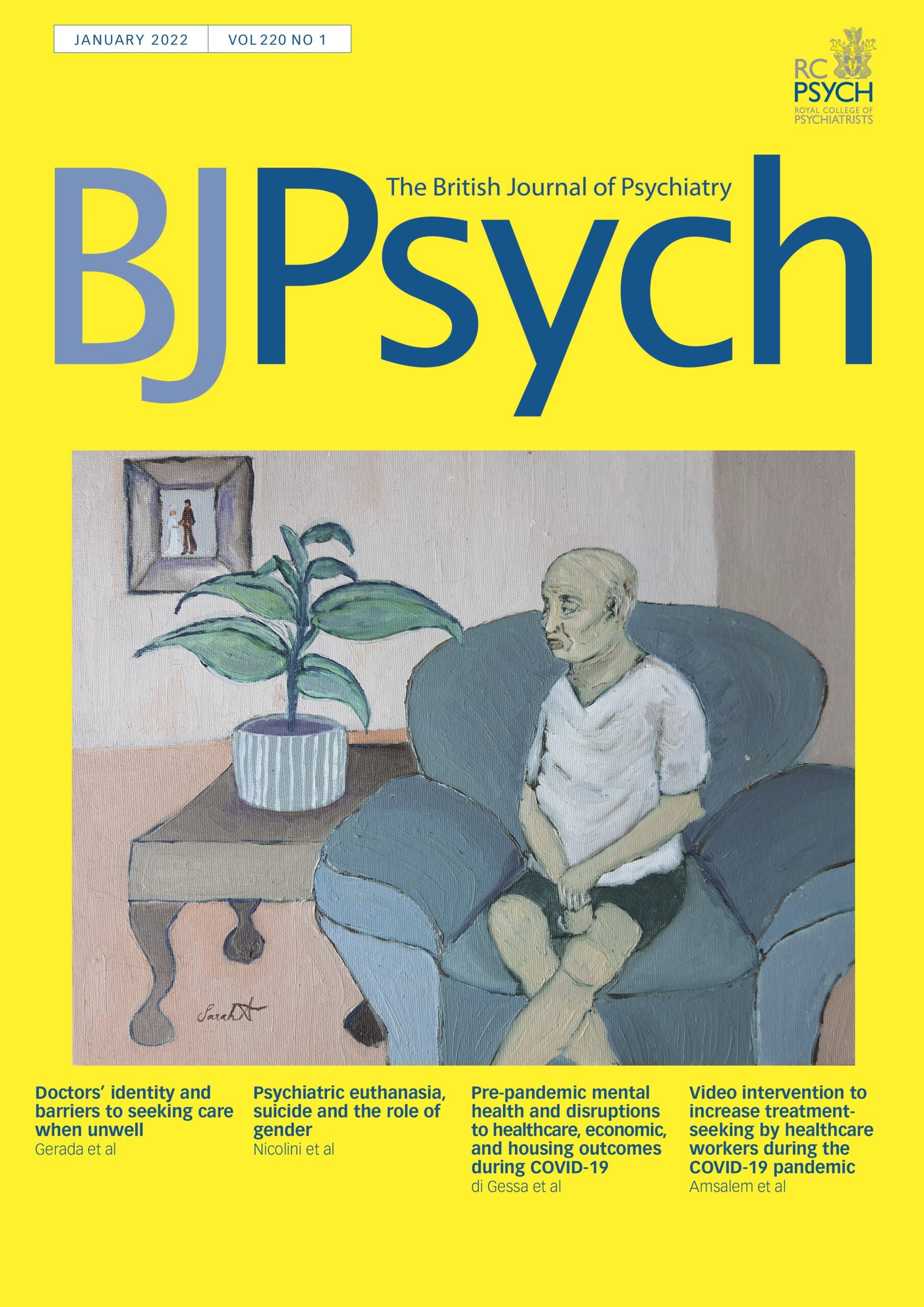January 2022
/You're only as old as you feel – or think. Certainly, brain senescence has a disproportionate impact on individuals’ abilities and degree of independence. In addition to your actual chronological age, recently developed machine learning algorithms can estimate your ‘brain-age’, which indexes biological health. Most work on the topic has been in Alzheimer's disease, but Elliott et alReference Elliott, Belsky, Knodt, Ireland, Melzer and Poulton1 used this in the large representative Dunedin longitudinal cohort of healthy individuals. They measured brain-age at chronological age 45, alongside a range of other variables including cognitive functioning and the pace of biological aging. Across the 869 middle-aged individuals, brain-age varied from 24 to 72; those with greater brain-age had accelerated ageing more generally, including an older facial appearance, supporting a ‘geroscience’ perspective that shared genetic, environmental and lifestyle factors were taking a toll on both body and mind. Interestingly, this was also associated with childhood lower cognitive abilities, suggesting an additional inherent vulnerability in some. Hillary et alReference Hillary, Stevenson, Cox, McCartney, Harris and Seeboth2 continue the theme, with the epigenetic clock darkly named ‘DNAm GrimAge’. This marker of DNA methylation has previously been linked to general biological age and mortality but not cognitive functioning. The authors applied it to the Lothian Birth Cohort of 709 individuals, who had a mean age of 73. After controlling for childhood cognitive abilities, a higher DNAm GrimAge was strongly associated with lower later-life general cognitive abilities, decreased brain volume (particularly the frontal and temporal regions) and, as in other work, all-cause mortality. This association extended to a range of abnormal inflammatory markers, aligning with an ‘inflammaging’ hypothesis of more rapid ageing. So, two studies suggesting they can detect your biological functioning and mortality risks more accurately than the number of candles on your birthday cake.
Full text: Tracy, D., Joyce, D., Albertson, D., & Shergill, S. (2022). Kaleidoscope. The British Journal of Psychiatry, 220(1), 47-48. doi:10.1192/bjp.2021.177


